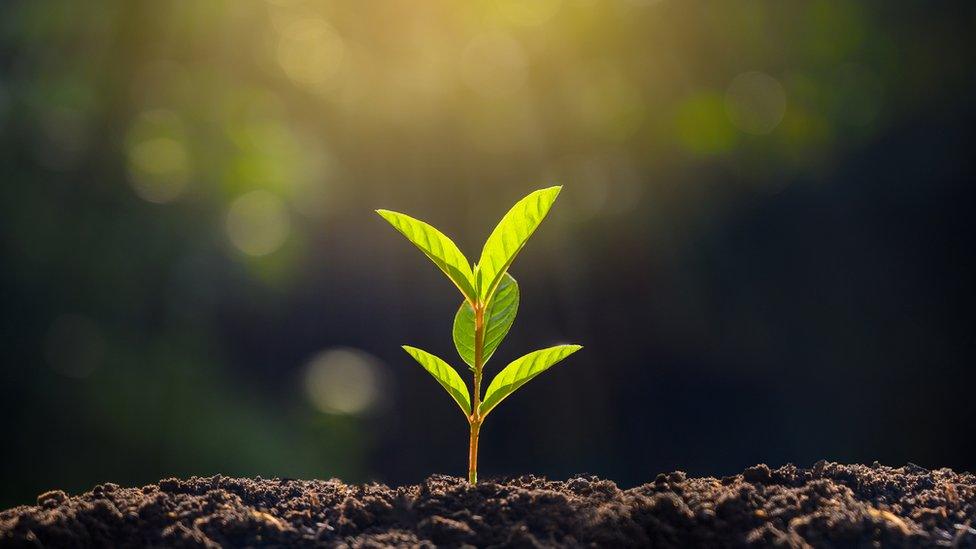Bees: Air pollution prevents pollinating insects from finding flowers
- Published
- comments
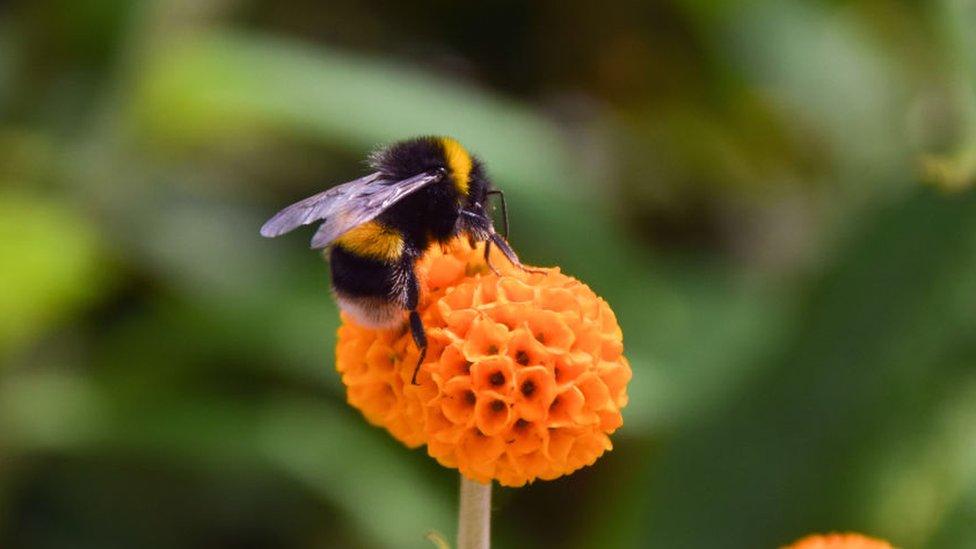
Air pollution is causing problems for insects by preventing them from sniffing out the crops and wildflowers that depend on them, new research suggests.
Insects, like bees and butterflies, pollinate plants when they go from flower to flower gathering pollen, the process is vital to help crops and native wild flowers reproduce.
But a new study shows visits to flowers by pollinators were more than 80 per cent lower where pollution was present.
Scientists from the University of Reading, the UK Centre for Ecology & Hydrology, and the University of Birmingham believe the pollution interferes with the insects ability to sniff out flowers.
Why are bees so important?
The researchers found that there were up to 70% fewer pollinators (insects), up to 90% fewer flower visits and an overall pollination reduction of up to 31% in test plants when pollution, including diesel exhaust, was present.
In the study, the researchers used a device which released this type of pollution into an open field.
The team used amounts of pollution well below what US law says is safe for the environment.
They then observed the effects this pollution had on the pollination of black mustard plants over the course of two summer seasons.
The team then observed the impact this level of air pollution had on the plants.
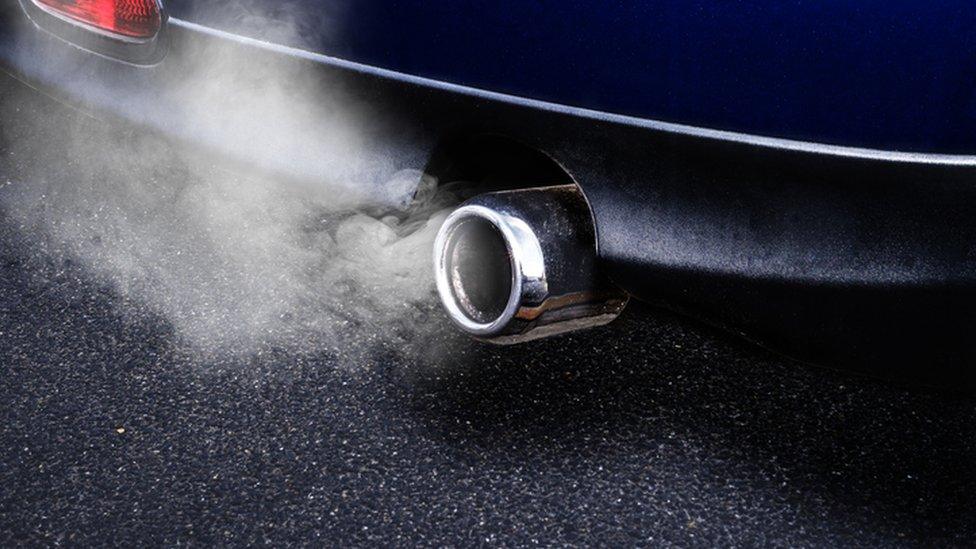
A past study by Reading University scientists has also shown that diesel fumes can change how flowers smell.
This new study suggests that pollution could contribute to the ongoing decrease in pollinating insects, by making it harder for them to find their food - pollen and nectar.
Researchers says the study shows how much food production and the natural environment can be affected by pollution.
- Published30 April 2020
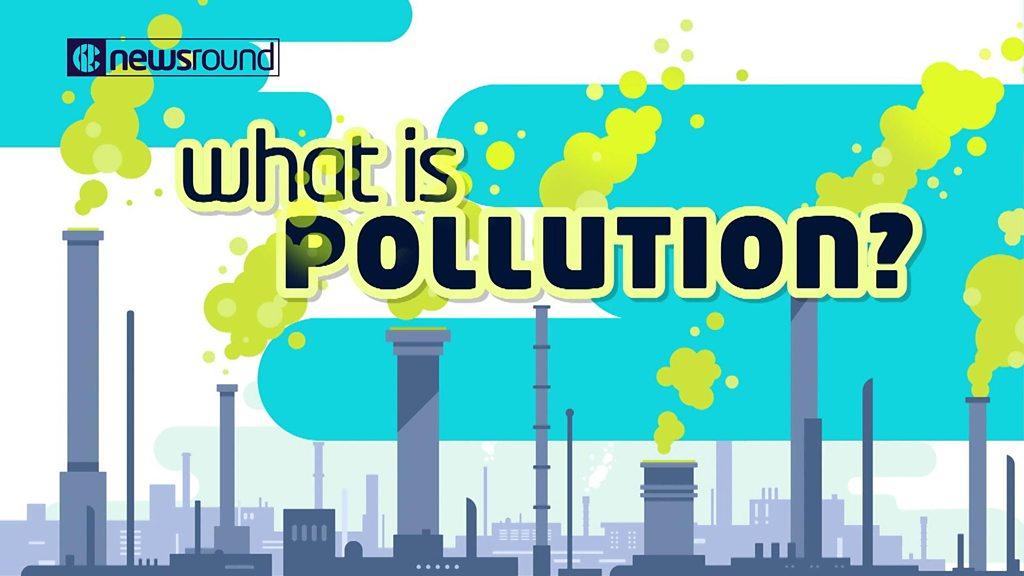
- Published10 July 2021
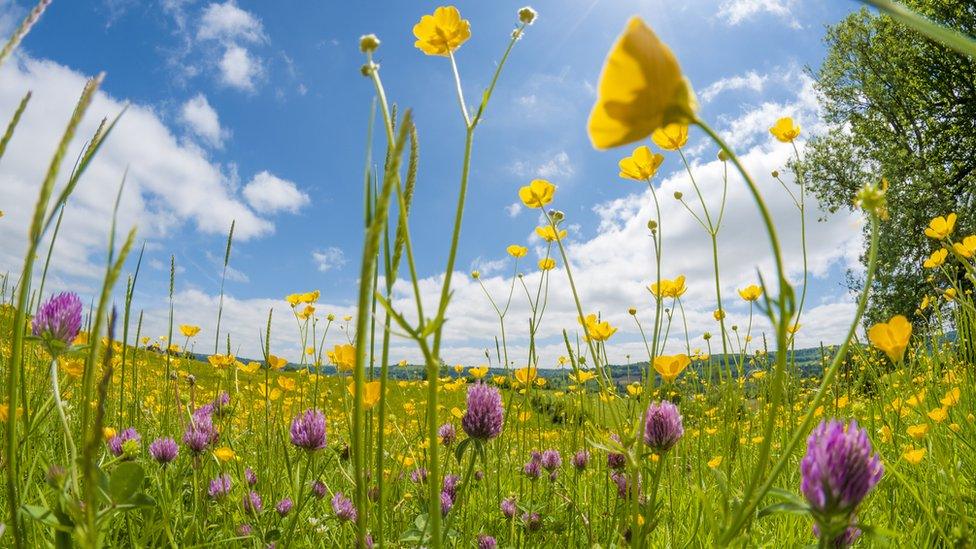
- Published25 May 2021
